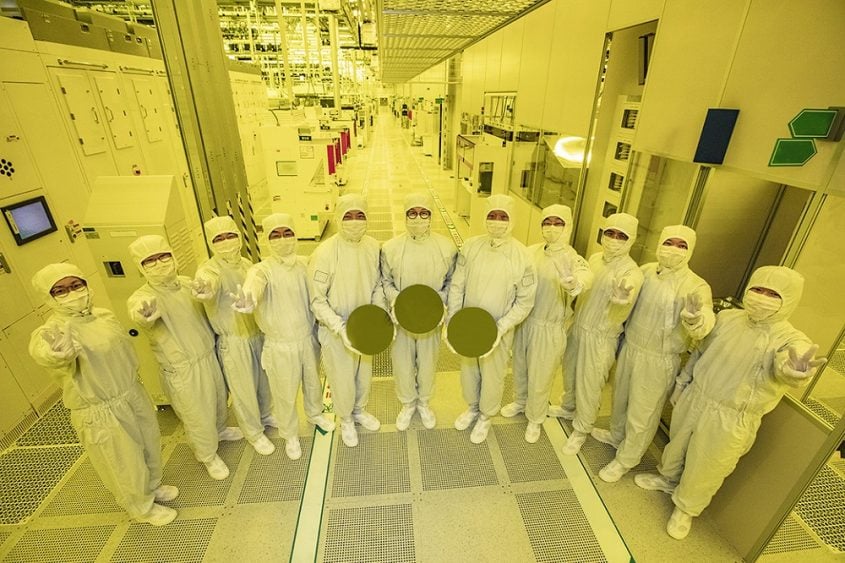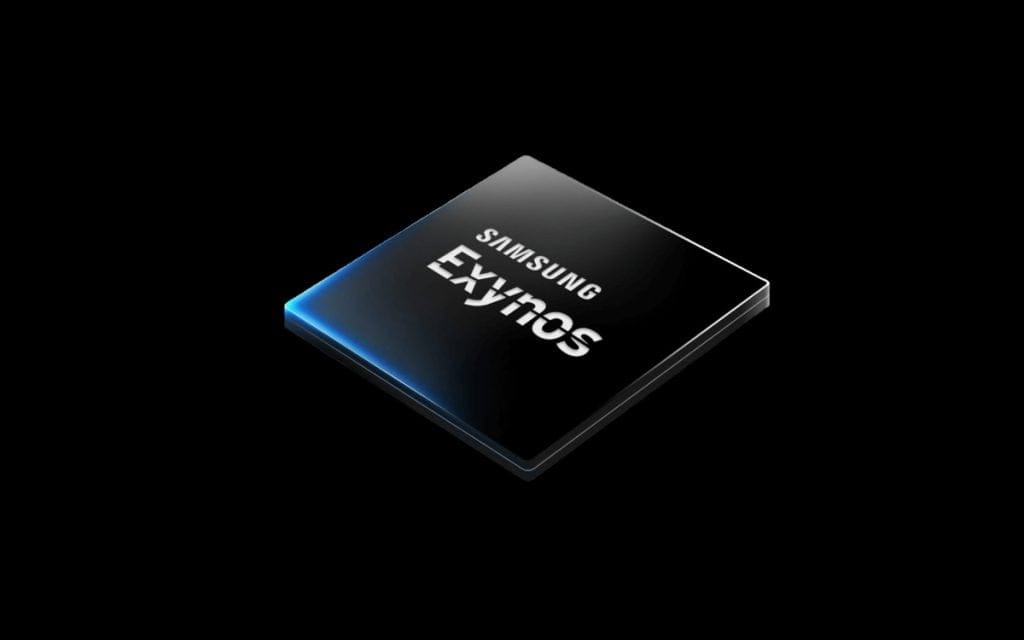Samsung’s Exynos 2600 chip, once thought to be a groundbreaking advancement in mobile technology, might not be released at all. A recent report indicates that Samsung is thinking about stopping its production due to difficulties with the 2nm manufacturing process. This news brings up concerns about the future of Samsung’s own chip production and how it will compete in the semiconductor industry.
Low Production Yields
The Exynos 2600 was set to use Samsung Foundry’s cutting-edge 2nm process. Nevertheless, the production yield rate—a crucial factor that measures how many usable chips come from a single wafer—has apparently been quite low. Recent data shows yields ranging from only 10 to 20%, which is far from enough for mass production.
Historical Challenges
This isn’t the first time Samsung Foundry has faced these types of issues. Its 3nm process, utilized for the Exynos 2500, had similar problems, with yields dropping below 20%. This has sparked rumors that Samsung may consider outsourcing the production of its top Exynos chips to TSMC, which is well-regarded in advanced chip manufacturing.
Shift in Production Strategy
Complicating matters further, Samsung has reportedly closed down several manufacturing plants that were using older 4nm, 5nm, and 7nm technologies. The semiconductor division is also said to be dealing with a reduced workforce, restricted by South Korea’s regulation on a 52-hour workweek. A reorganization of Samsung’s application processor (AP) development team is in the works, but it may take years to fully implement.
Potential Outsourcing Consequences
While sending production to TSMC might help with yield problems, it could also raise production costs. Traditionally, Samsung has depended on in-house manufacturing to keep expenses low and maintain competitive prices for its products. Outsourcing might lead to even higher prices for consumers.
Uncertain Future for Exynos
Despite these challenges, Samsung Foundry is reportedly striving to enhance its 2nm process to stay competitive with TSMC. However, there isn’t much information available about the current state of progress, which leaves the future of Exynos in doubt.
For consumers, Samsung’s possible switch to Snapdragon 8 Elite or MediaTek Dimensity 9400 for the Galaxy S25 series could offer improved performance and efficiency. Nonetheless, the potential cancellation of the Exynos 2600 underscores the difficulties Samsung faces in balancing innovation with cost efficiency.



Leave a Reply